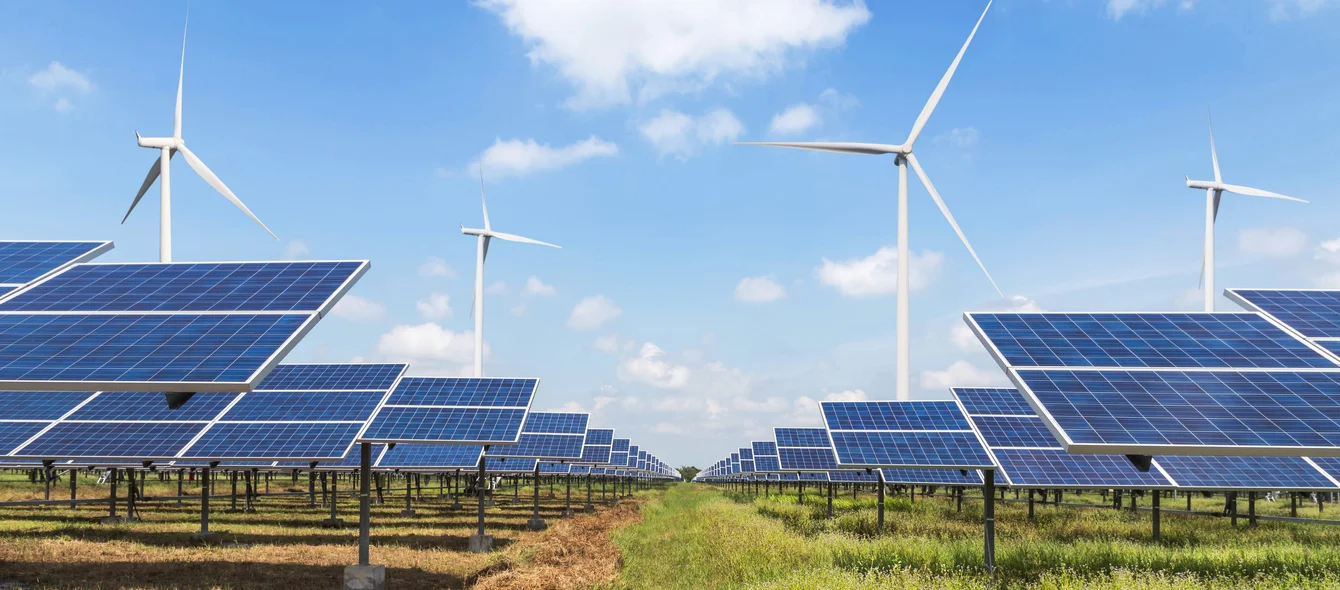Despite robust economic growth, emissions of greenhouse gases in the European Union fell last year by almost four per cent year-on-year – the sharpest drop since the economic crisis of 2009. EU emissions in 2019 were thus approximately 26 per cent lower than in 1990, according to the European Environment Agency (EEA). If the emissions of the UK, now ex-Member State of the EU, are excluded, emissions were still 24 percent lower year-on-year than in 1990. According to the Environment Agency, the steady decline is due to a significant and steady increase in renewable energies and the phasing out of coal, which is primarily due to higher prices for emission allowances. The fact that the reduction in emissions was achieved even in a phase of economic growth was not only proof of a successful climate policy in the EU, the Agency said, but also stressed that the achievement of more ambitious climate targets for 2030 is “clearly possible” in order to pave the way to climate neutrality by 2050.
This year, the decline is likely to be even higher than last year, because the corona crisis in spring caused an economic slump in practically all countries. However, according to the EEA, detailed calculations on how strongly the pandemic will be reflected in climate gas emissions this year will not be available until autumn 2021.
Photo credit: shutterstock.com, Soonthorn Wongsaita
